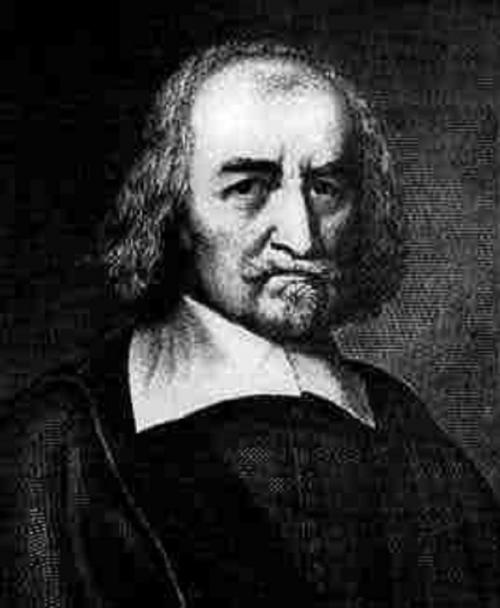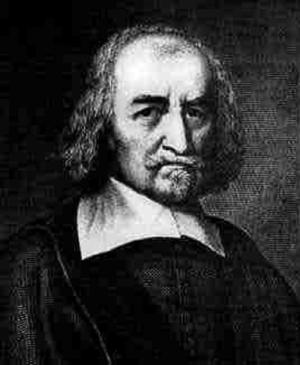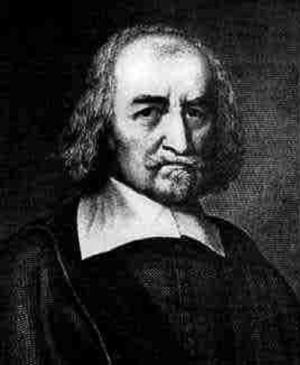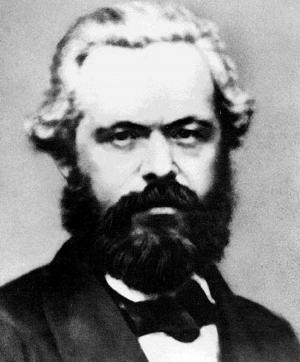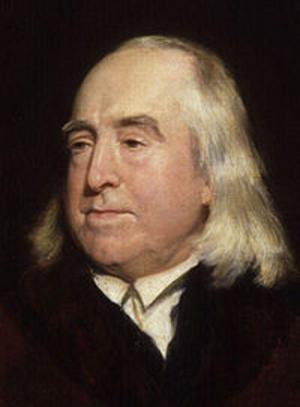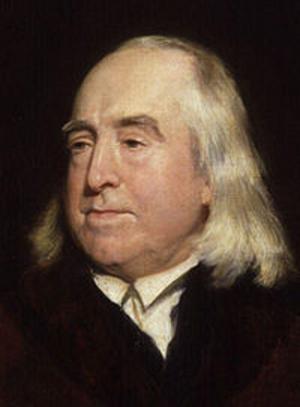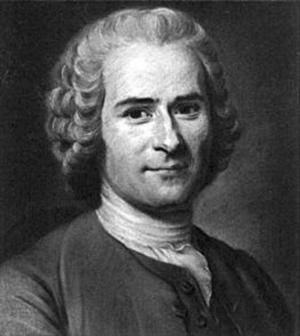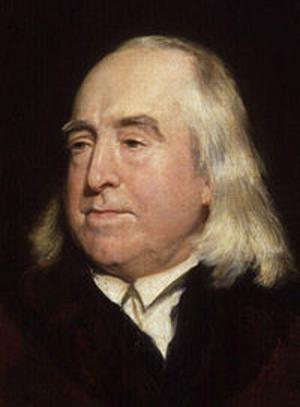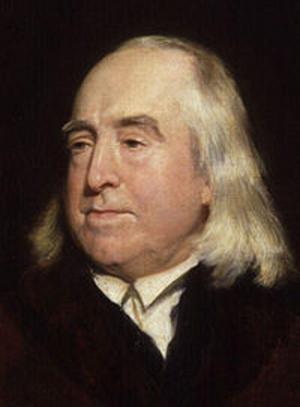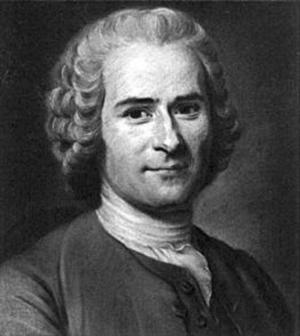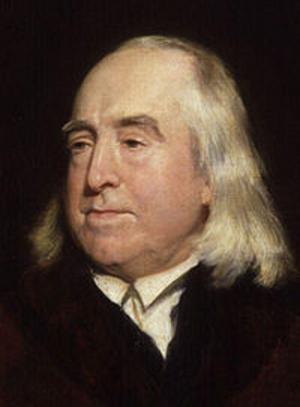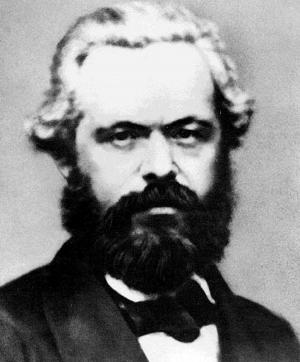Decameron Physiologicum: Or, Ten Dialogues of Natural Philosophy (Illustrated)
Business & Finance, Economics, Macroeconomics, Theory of Economics| Author: | Thomas Hobbes, Timeless Books: Editor | ISBN: | 1230000634847 |
| Publisher: | www.WealthOfNation.com | Publication: | August 27, 2015 |
| Imprint: | Language: | English |
| Author: | Thomas Hobbes, Timeless Books: Editor |
| ISBN: | 1230000634847 |
| Publisher: | www.WealthOfNation.com |
| Publication: | August 27, 2015 |
| Imprint: | |
| Language: | English |
The book has an active table of contents for easy access to each chapter.
Thomas Hobbes is a great English philosopher and one of the founders of the modern system of political philosophy. He is in the row with the greatest thinkers as Isaac Newton, John Locke, Immanuel Kant, Francis Bacon, and Jean Rousseau. Their collected thoughts has had strong influence on building the foundation of the United States and its endeavor of open society.
In 1678, Hobbes published DECAMERON PHYSIOLOGICUM: OR, TEN DIALOGUES OF NATURAL PHILOSOPHY at the age of ninety. In spite of his old age and the English law of forbidding his publication of any works related to political philosophy, Hobbes turned his writings up to the literature which had been his first inspiration, the Galilean science of motion. Galilean was one of the major sources of inspiration of Thomas Hobbes’s mechanical natural philosophy that he paid a visit to Galileo at Arcetri in 1635. In this essay, Hobbes was inspired by Galileo to conceive a system of ethics. The essay is a last major and important work by Hobbes and a great treatise on deepest thought on natural philosophy that is based on natural law.
Thomas Hobbes expressed the last words with a great pride and optimism to our future "A great leap in the dark" in his final moments of life. He is forever remembered as essential enabler, reformer, and contributor for that great leap in the dark. His work has produced great influence on modern political philosophy. His view became widely recognised as the foremost philosophical voice and his influence has been felt in nearly every field of the humanities and social sciences.
This book is one of the most important ones about natural philosophy by Thomas Hobbes, one of the greatest thinkers of modern philosophy on the planet.
The book has an active table of contents for easy access to each chapter.
Thomas Hobbes is a great English philosopher and one of the founders of the modern system of political philosophy. He is in the row with the greatest thinkers as Isaac Newton, John Locke, Immanuel Kant, Francis Bacon, and Jean Rousseau. Their collected thoughts has had strong influence on building the foundation of the United States and its endeavor of open society.
In 1678, Hobbes published DECAMERON PHYSIOLOGICUM: OR, TEN DIALOGUES OF NATURAL PHILOSOPHY at the age of ninety. In spite of his old age and the English law of forbidding his publication of any works related to political philosophy, Hobbes turned his writings up to the literature which had been his first inspiration, the Galilean science of motion. Galilean was one of the major sources of inspiration of Thomas Hobbes’s mechanical natural philosophy that he paid a visit to Galileo at Arcetri in 1635. In this essay, Hobbes was inspired by Galileo to conceive a system of ethics. The essay is a last major and important work by Hobbes and a great treatise on deepest thought on natural philosophy that is based on natural law.
Thomas Hobbes expressed the last words with a great pride and optimism to our future "A great leap in the dark" in his final moments of life. He is forever remembered as essential enabler, reformer, and contributor for that great leap in the dark. His work has produced great influence on modern political philosophy. His view became widely recognised as the foremost philosophical voice and his influence has been felt in nearly every field of the humanities and social sciences.
This book is one of the most important ones about natural philosophy by Thomas Hobbes, one of the greatest thinkers of modern philosophy on the planet.
